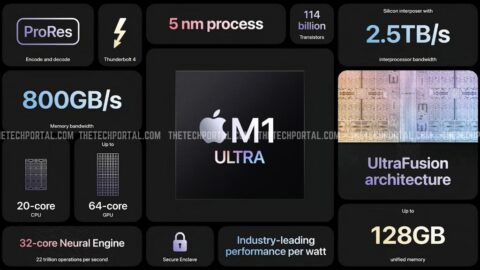Lazypay’s primary focus was giving short term credit ranging from $210-$7,030 on food delivery platforms, e-commerce websites, online travel websites. Whereas Paysense, has a more focused approach towards long term credit, aimed at vehicle purchases and other services.
Credit lending companies have had a decent run in India’s rather debit card-heavy consumer market. Government data shows that only 20 million Indians use credit cards which is paltry when compared to number of debit card users which stands at nearly a billion.
“At PayU, our ambition is to build financial services using data and technology. our first two legs have been payments and credit” said Siddhartha jajodia, head of credit at PayU. He further added, “Even this acquisition was about getting new capabilities and a strong management team.”
Boston consulting suggests that Digital credit is a trillion-dollar opportunity in India. Many startups are seeing this opportunity as Indians don’t have a traditional credit score which puts them out of bank’s credit worthy customer, thus essentially devouring these consumers from bank loans. Companies are finding innovative ways — finding the value of smartphone a user owns — to find if the person can be eligible for a loan.
PayU has seen this opportunity and is likely to explore new offerings such as credit for small and medium businesses. PayU has already invested more than half a billion dollars in India including acquisition of Wibmo for $70 million last year.









